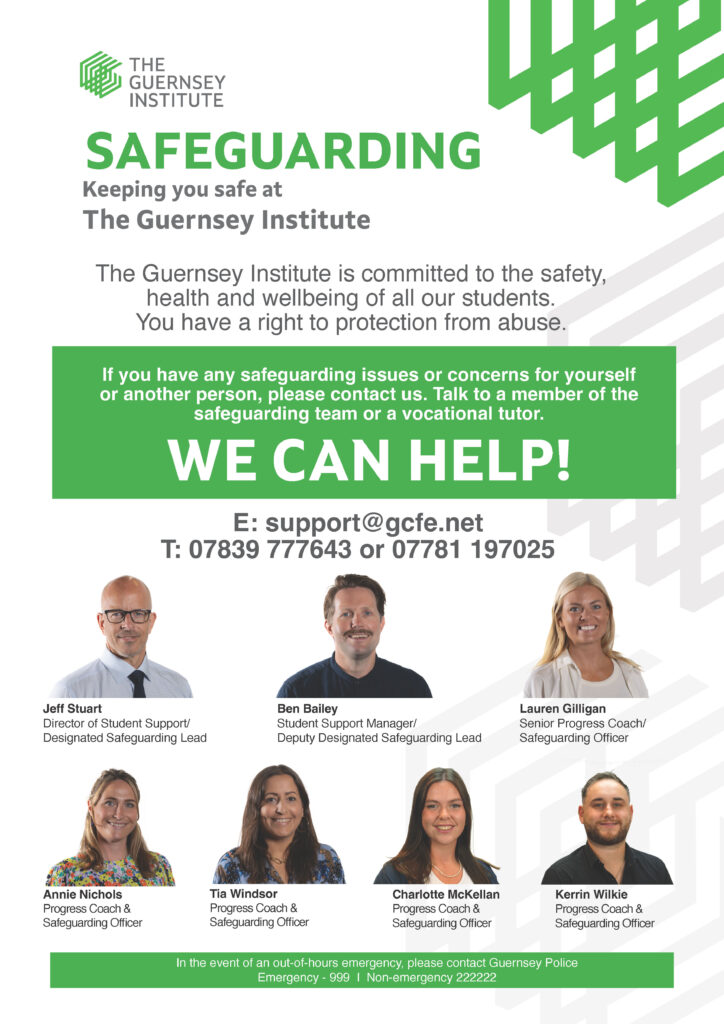Student Handbook
- Student Support
- Assessment
- Attendance
- Be Your Best
- Careers Advice & Guidance
- Cheating and Plagiarism
- College Cafés
- Conduct Procedure
- Dress Code
- Equality & Diversity
- Getting to College
- Health and Safety
- ID Cards and Signing In and Out
- Library and Learning Resources
- Progress Coaches
- Reception
- Safeguarding
- Smoking Policy
- Student Complaints & Comments
- Student Engagement
- Student Shop
- TGI Connect
Recent Stories:
Vanessa awarded teaching fellowship
New Head of English & Maths
Keeping You Safe at College

The College is committed to ensuring the safety, health and wellbeing of all of its students and every student has the right to feel safe and protected whilst at College.
As part of every student’s journey they will be educated on ways in which they can keep themselves safe from harm whether it be at College, in the workplace, online or in the wider community.
HOW CAN I BE HURT?
Physical abuse
People should not touch you in a way that hurts. People should not hit, kick, pinch, burn or push you, or bind or tie you up.
Sexual abuse
People should not:
Touch you if you don’t want them to
Make you touch them if you don’t want to
Say sexual things to you if you don’t want them to
Make you touch the sexual parts of their bodies if you don’t want to
Make you take part in a sexual act with them if you don’t want to
Financial, monetary or material abuse
People should not steal from you. People should not bully you into handing over your money or things you own.
Neglect
If you have personal care support, people who are there to help you should not neglect or ignore you. People should not take away your rights to basic living needs such as shelter, food and water, clothing and medicine. People should not take away your right to make your own choices.
Exploitation
People should not groom or coerce you into doing things (this means persuade or make you do things) that are against the law.
Online abuse
People should not frighten, harass or groom you online.
Psychological or emotional abuse
People should not upset you by bullying or teasing you.
Discrimination
People should not treat you badly because of your:
Age
Disability
Gender
Ethnicity
Religion
Sexuality
Self-harm
Sometimes young people try to hurt themselves to deal with overwhelming feelings. This can include:
Cutting
Burning
Scratching
Hair-pulling
Overdosing
If you have any safeguarding issues or concerns for yourself or another person please contact a member of the Safeguarding Team or a Tutor.
Jeff Stuart, Director of Student Support is the Designated Safeguarding Lead
(07839 777643 jeffs@gcfe.net)
Ben Bailey, Student Support Manager is the Deputy Safeguarding Lead
(07839 777649 benb@gcfe.net)
The team is completed by our Progress Coaches who are our first line responders in supporting students.
Contact us on support@gcfe.net
View or download a copy of our safeguarding booklet HERE
Read our safeguarding policy HERE






